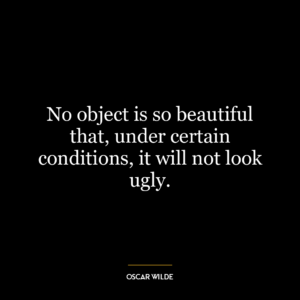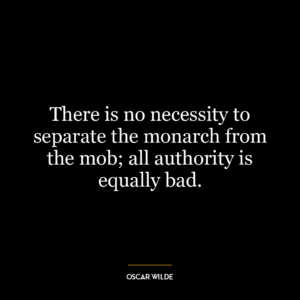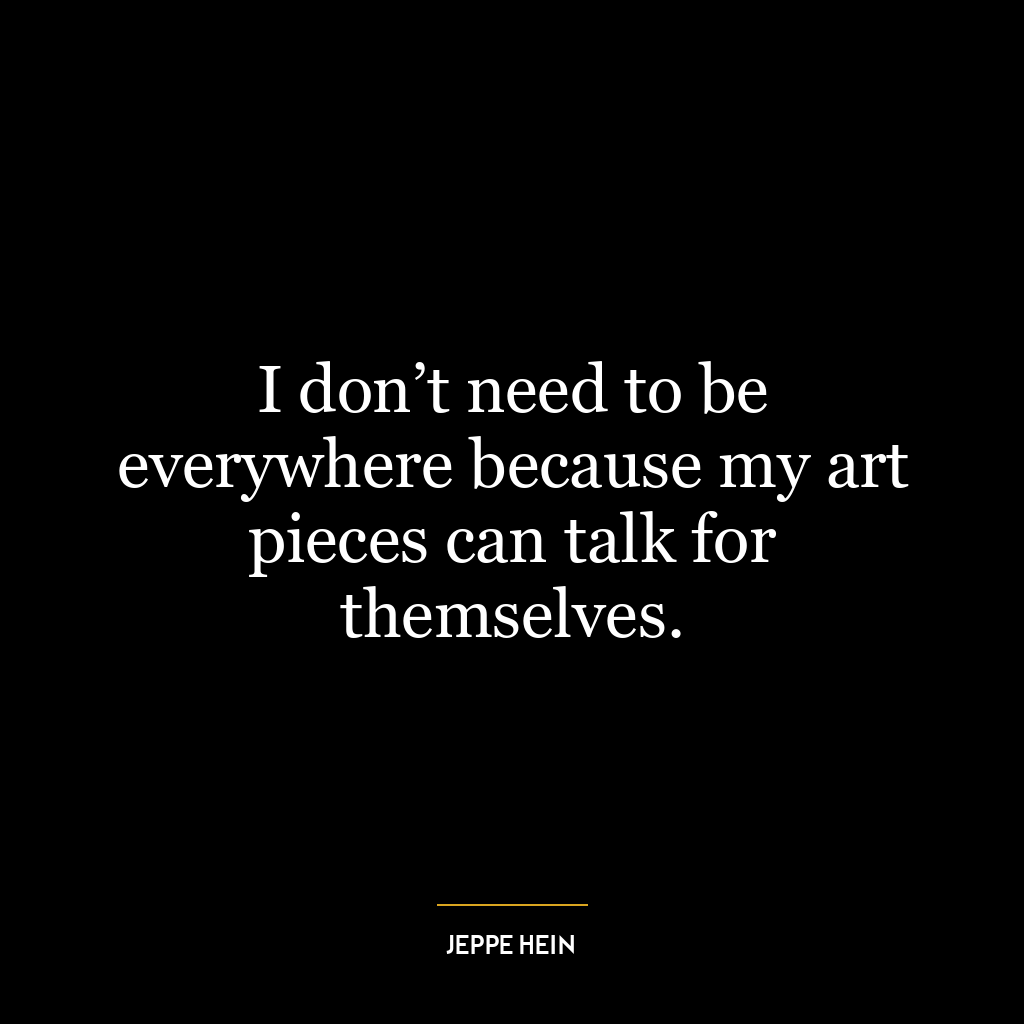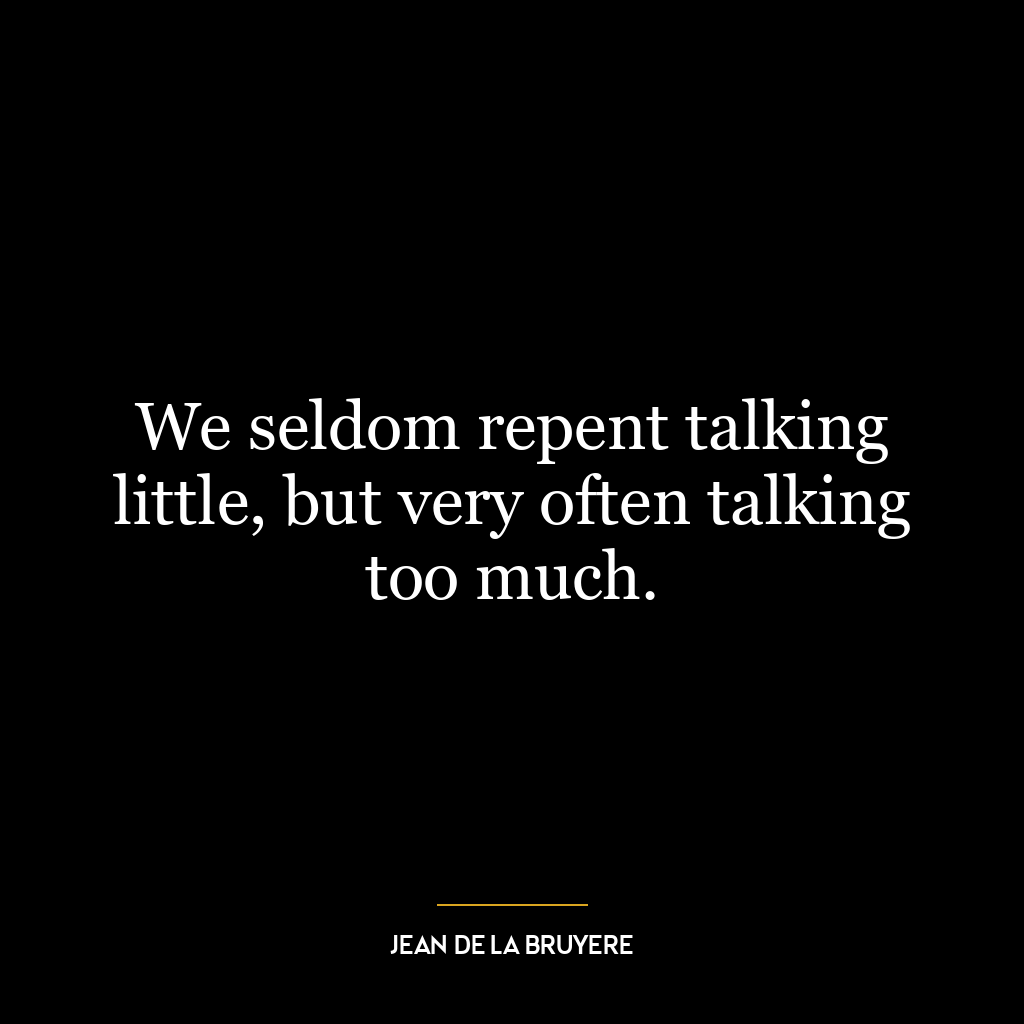When both a speaker and an audience are confused, the speech is profound.
This quote suggests that profundity, or deep insight, can sometimes stem from confusion. When a speaker and an audience are both confused, it means that they are grappling with complex, perhaps even unanswerable, questions. This is a hallmark of profound thought. The speaker is not merely presenting information; they are engaging the audience in a shared exploration of challenging ideas.
Oscar Wilde, known for his wit and wordplay, may also be making a sardonic comment on how people sometimes mistake confusion for depth. People may assume that if they don’t understand something, it must be because it’s too profound for them, not because it’s poorly explained or nonsensical. This can be seen as a critique of intellectual pretentiousness.
In today’s world, this quote could be applied to the realm of politics, academia, or any field where complex ideas are discussed. It highlights the importance of clear communication. While it’s crucial to tackle difficult subjects, it’s equally important to do so in a way that’s accessible and understandable. Otherwise, the risk is that the audience will be left in a state of confusion, mistaking this for profundity.
In terms of personal development, this quote might encourage us to question our understanding of things. When we encounter confusing ideas, it’s an opportunity to delve deeper and expand our knowledge. However, it’s also a reminder to be discerning and not automatically equate confusion with depth. It encourages us to strive for clarity in our thinking and communication.












